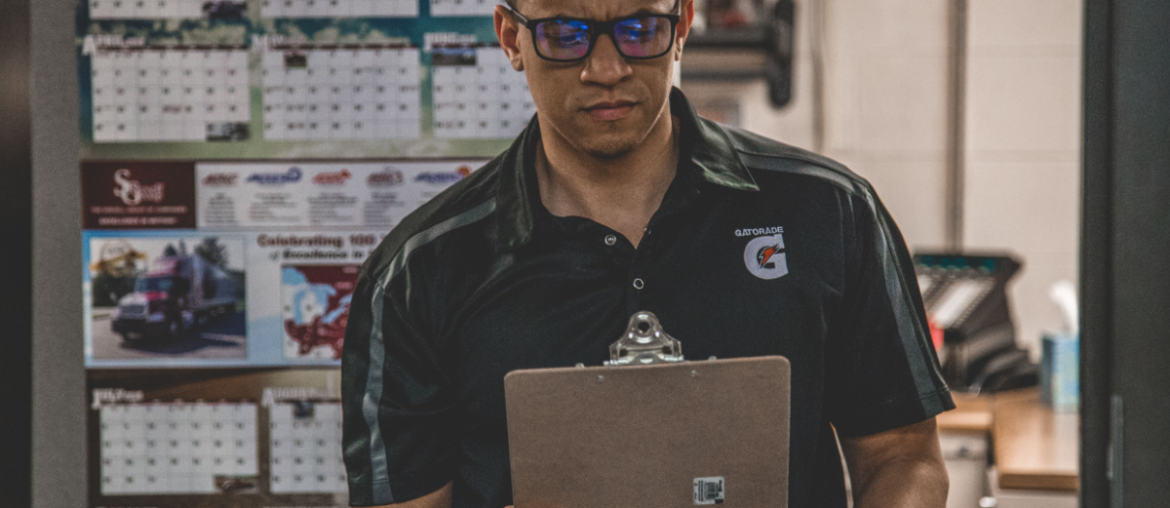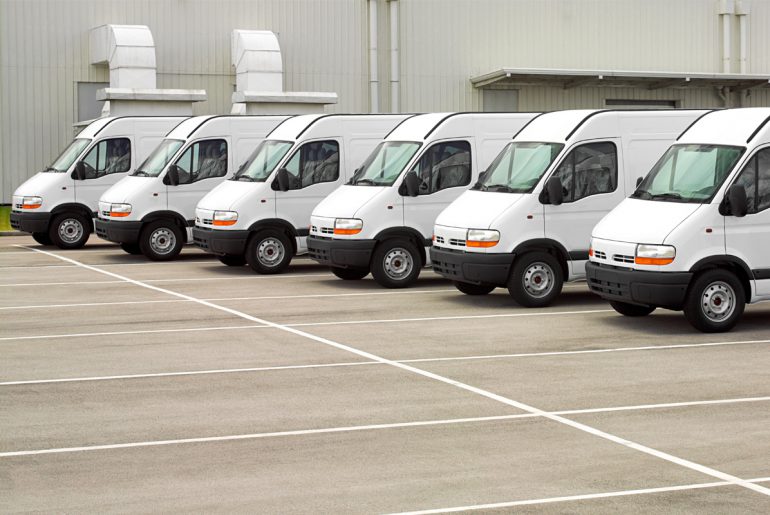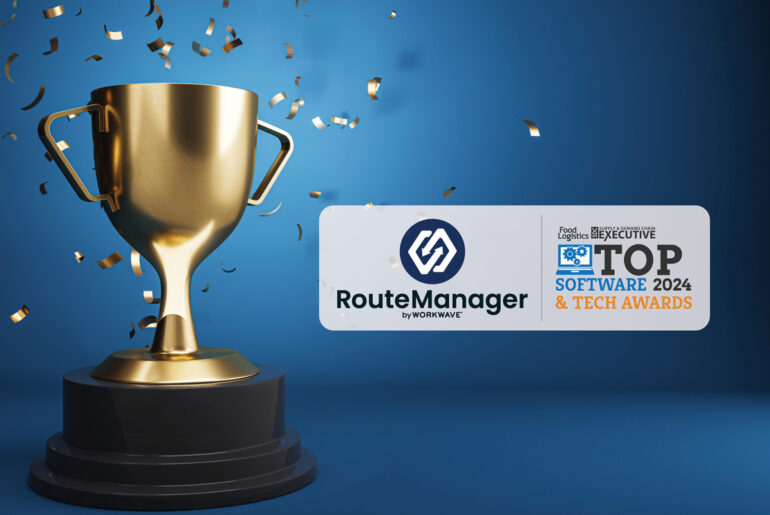Logistics is the detailed process of coordinating intricate operations between inventory management, employees, and facilities. While qualifications to obtain a career in logistics vary based on the career itself, they generally require the same underlying skills. These skills include, but are not limited to: impeccable organization, timekeeping, and management skills, the ability to remain calm under pressure, engage in critical thinking, and the capacity to adapt to upcoming trends. All of these are common characteristics found among those with a career in logistics — and that everyone else outside of the field should practice and implement in their own jobs and lives as well.
- Think Critically Like an Analyst
Typical duties of an analyst include collecting and interpreting data, developing ways to improve workplace results, examining company and client needs, finding new ways to organize inventory, implementing a logistics and distribution software solution, or even completely changing the way operations are managed.
With an abundance of collected data, analysts need the ability to think critically to allow them to accurately interpret information and develop resolutions that are logical and achievable.
Critical thinking skills aren’t only important for analysts; we all need to be able to think clearly and systematically to help us with everyday tasks. This might include how we respond to others, the way we resolve common problems, and more. According to the University of the People, critical thinking is:
- Universal;
- Crucial for the economy;
- Improves language and presentation skills;
- Promotes creativity;
- Important for self-reflection;
- Key for career success.
They also state that critical thinking:
- Allows for better decision making;
- Can make you happier;
- Gives individuals the ability to create well-informed opinions;
- Creates better citizens;
- Improves relationships;
- Promotes curiosity;
- Enhances problem-solving skills;
- Is an overall crucial life skill.
- Be Adaptable and Manage Your Time Like a Consultant
There are several types of consultants with different job titles and duties (i.e. strategy, management, operations, financial advisory, and human resource consultants). Even though there are many consultant jobs, they all typically require the same skill sets. These skills include, but are not limited to, being adaptable and having excellent time management skills.
By mimicking this trait found in most consultants, individuals can learn the importance of adaptability and time management and how these characteristics pay off in everyday life. For example, practicing better time management is important because it can allow individuals to accomplish more tasks in less time — which ultimately may lower stress levels and increase their productivity.
- Adopt the People Skills of Customer Service
Those in customer service are on the front line of logistics. It is their duty to interact with customers and clients, whether it be virtual or face-to-face, and act as the middle-man between the company and the customers. It’s no secret that most of those in customer service showcase excellent people skills. Not only does this skill set allow them to ensure customer satisfaction and retention, but it also helps to promote communication skills throughout the entire company.
Having great people skills goes beyond company walls. In fact, it is a trait that can help promote:
- Better communication in general;
- Better self-awareness;
- Empathy;
- Listening skills.
- Keep Up With the News Like an International Logistics Manager
It is the duty of an international logistics manager to coordinate with vendors overseas and “manage import activities in order to meet service level expectations.” Because they deal with international logistics on a daily basis, it is up to them to stay up-to-date on current laws, rules, and regulations.
Individuals who keep up with international news have a better understanding of what is going on in the world. Keeping up with current international news is important because it:
- Aids in decision making;
- Can be used as a conversation starter;
- Creates a better understanding of other cultures;
- Educates the public on major events.
- Employ Technology Trends Like a Logistics Engineer
It is up to logistics engineers to analyze and design the different systems within a supply chain that are used to distribute different goods and services, as well as keep up with the industry trends. This includes taking an adaptive, digital approach to success and embracing different technologies, like artificial intelligence, to help improve overall supply chain operations.
Technology is always improving and is constantly being implemented into society in a multitude of ways. If everyone embraces and employs technology trends in their job, it can allow them to keep up with their competition and expand their business and skillsets.
- Get the Right Tools for the Job Like a Purchasing Manager
Typically, purchasing managers work for manufacturers and are in charge of purchasing materials and supplies needed for quality production. In order to do so accurately, they must be organized and have access to the right tools that allow them to keep track of their inventory. This way they know what they need to order and when they need it by.
This can help teach society that in order to succeed, they need to have the right tools — whether they’re literal, physical tools, or mental ones(confidence, critical thinking, etc.).
- See the Big Picture Like a Supply Chain Manager
Supply chain managers are in charge of transportation, logistics, and distribution within a supply chain. When it comes to transportation, it is up to the supply chain managers to coordinate the most efficient partners and execution at every level. However, they can’t optimize the best plan without seeing the big picture — from pick-up, to drop-off, and everything in between, it all needs to be visualized and planned out ahead of time. They may choose to utilize route planning software and other route optimization software to aid them in the costly and challenging “last mile” of delivery; similarly, they may have to compare a variety of suppliers, manufacturers, and other fulfillment partners at earlier stages. While the small details are important, being able to contextualize them as part of the greater whole is essential to getting everything running smoothly.
Seeing the big picture reminds us that everything we do, every step we take, is towards a goal. Hard work should pay off in the end, with a steady focus on the big picture.



